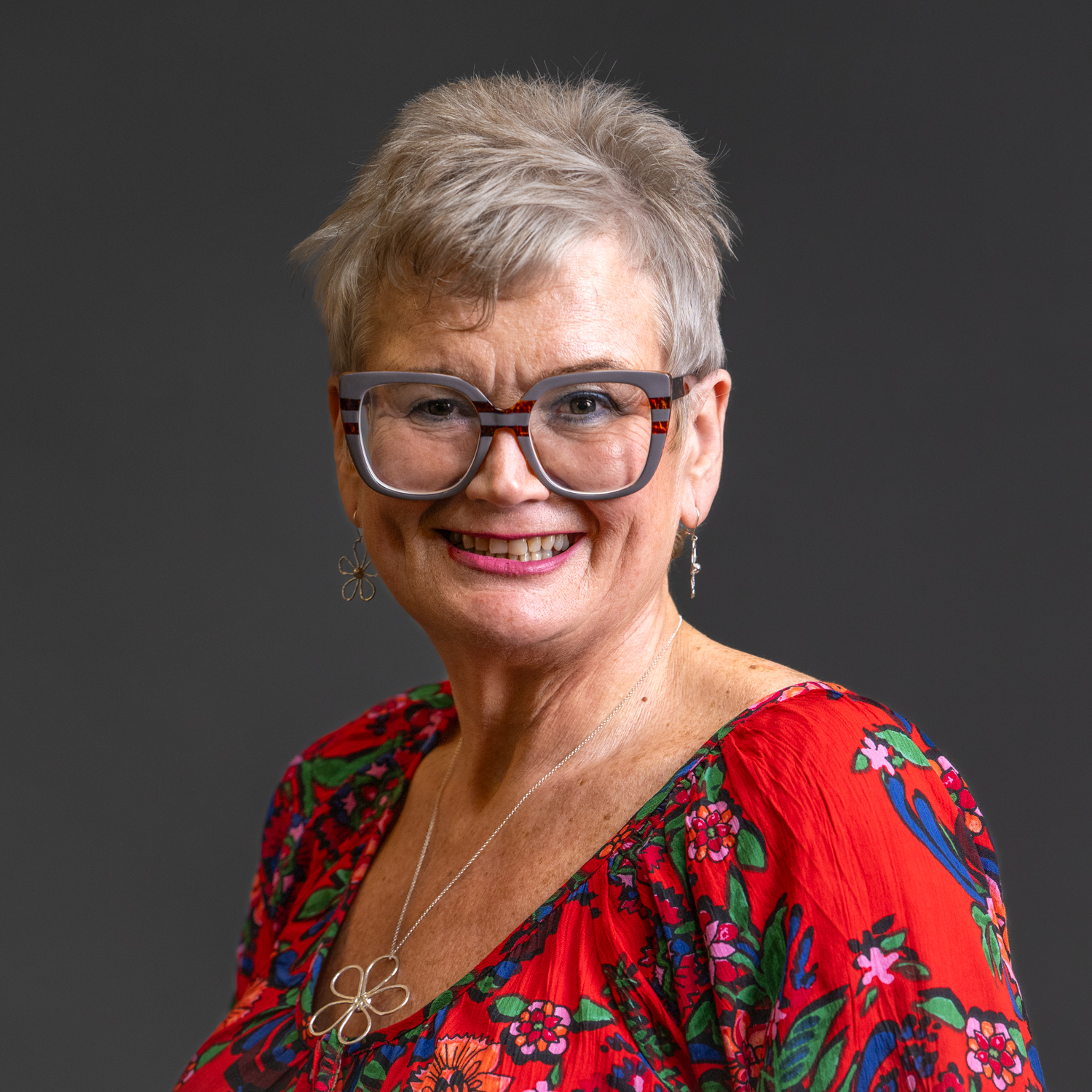It feels like I have lived and breathed menopause for the past seven years. I have asked questions across Government, I’ve been out to businesses to talk about how they can help their workforce, I’ve spoken to fellow Parliamentarians across the globe, and I have campaigned alongside some of the most amazing women who are making change at a grassroots level.
I would like to think we have made some progress in those years, and we have certainly broken down barriers and opened up conversations. But a recent survey by Menopause Mandate highlights that despite the welcome advances, there is still some way to go.
Most striking, and indeed truly heartbreaking, is that 96% of the 15,000 women surveyed, said that their menopause had negatively impacted their quality of life. And the issues being raised time and again are the need for better understanding and treatment within primary care, and better support in the workplace.
They are the same issues that I raised when I first stood in the House of Commons Chamber in a World Menopause Day debate back in 2018, and the same issues that I have refused to stop talking about ever since. My asks have developed along the way, and I was delighted back in 2021 when my Private Members Bill resulted in the last Government introducing the HRT Annual Prepayment Certificate.
In this year’s debate, the first under a Labour Government, I had five key asks of Ministers, all focussed on healthcare and workplace support.
Firstly, a review of the risks and benefits of HRT, similar to one that is already happening in the United States. We know that there are a significant number of women still avoiding taking HRT because of the perceived risks associated with it. Historic data, with already proven inaccuracies, has been responsible for a fear of HRT amongst a generation of women and practitioners alike, and this needs to change.
Also health related, is the need to include menopause in the 40 plus NHS Health Check for women. The check currently assesses the risk of heart disease, kidney disease, diabetes and stroke but makes no reference to perimenopause or menopause symptoms, despite this being something that every woman will experience. In the Menopause Mandate survey, staggering 99% of women supported this change, and if that many women think it’s a good idea, then it probably is.
My other concerns related to workplace support. Equality Action Plans being introduced next year as part of the Employment Rights Bill will mandate that businesses with over 250 employees provide menopause support. I wholly welcome this, but we need guarantees that these will be fit for purpose, fully introduced and widely monitored.
We also need to consider women working for smaller organisations that won’t be bound by these plans. Workplace support should not be a privilege just for those in larger businesses, and it is vital that smaller employers are encouraged and supported to help the women working for
them as well.
And my final ask this year was for Occupational Health specialists to be given menopause training as standard. The Menopause Mandate survey found that one in ten women are changing roles, reducing hours and avoiding promotion, whilst one in twenty are leaving the workforce completely because they aren’t getting the help they need. Loyalty and experience being lost when small adjustments really would make a big difference.
None of changes that I have set out are difficult to achieve, nor will they be costly to implement. But collectively, they offer an opportunity for us to change the narrative. We can’t stop women experiencing the menopause – but we can stop the negative impact it has on their quality of life.
Access to evidence-based information to enable women to make their own choices. Early education on symptoms and treatment options so that women enter this stage of their lives with understanding and confidence. Support in healthcare, the workplace and across society so that women can continue to thrive in every aspect of their lives. In today’s modern world women will statistically spend almost half of their lives being perimenopausal, menopausal or post-menopausal. Let’s acknowledge that, let’s adapt and let’s finally, in 2025, give women the support they deserve.
Women spend almost half of their lives being perimenopausal, menopausal or post-menopausal they deserve support


